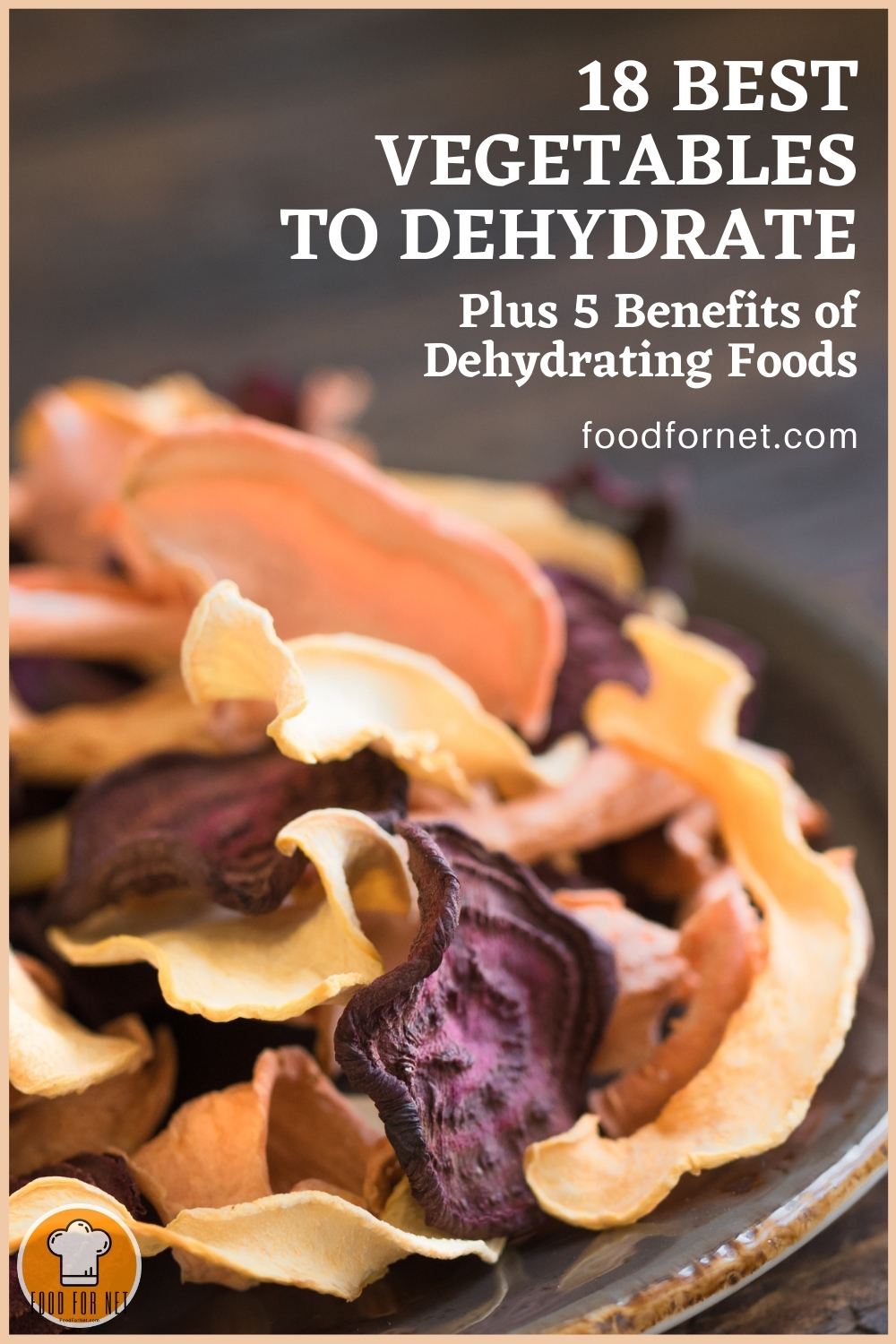
First off, why dehydrate vegetables or foods in general? Because dehydrating food reduces its moisture content to between 5-20%, at which range the bacterium that is causing food decay can’t survive. It is a great way of preserving food that will not only make it last longer but will retain its delicious taste at the same time. You can practically dehydrate anything including meats, fruits, herbs, and vegetables (including raw vegetables and some cooked ones). Although, our list here particularly focuses on the best vegetables to dehydrate.
But before that, you may be wondering what are the different methods of dehydrating food. You can use food dehydrators, oven drying, room drying, and sun drying. If you experience mostly dry weather in your location then sun drying is a great option for you. Otherwise, it’s best to use oven or food dehydrators instead. Check this list of the top 5 food dehydrators out there if you don’t have one yet.
Dehydrated food retains most of its nutritional value. Nutritional changes occur of course. For instance, some of the thiamin, riboflavin, and niacin are lost during blanching but good retention happens when the water used to rehydrate is also consumed. Same with minerals, some may be lost during rehydration if the soaking water is discarded. Calories and fiber don’t change, however. Iron is also not destroyed by drying. To ensure the best retention of nutrients, store dried fruits in cool, dry, and dark places. It’s best to consume them as well within a year.
Aside from the fact that dehydrated vegetables are healthy and nutritious because it’s all-natural, it’s also a great snack idea, delicious ingredients in cooking, and a hassle-free go-to side dish. See more benefits of dehydrated foods at the end of this article if you still need convincing about the importance of dehydration. For now, let’s go over the list of the best vegetables to dehydrate. Here are just 18 of them.
Best Vegetables to Dehydrate
Beets
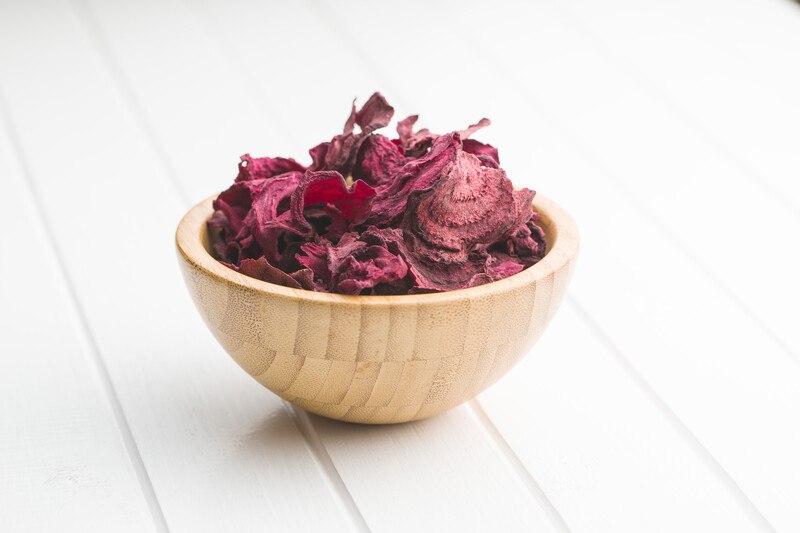
Not only are beets nutritious, but it’s also a great addition for a pop of nice colors to your salads or soups. You can fry dehydrated beets to make chips for snacks, turn them into powder for smoothies or cakes, or rehydrate them to use in dishes where it calls for beets.
Beets are rich in folate, high in nitrates and fiber, and a good source of manganese, potassium, and vitamins A and C.
Bell peppers
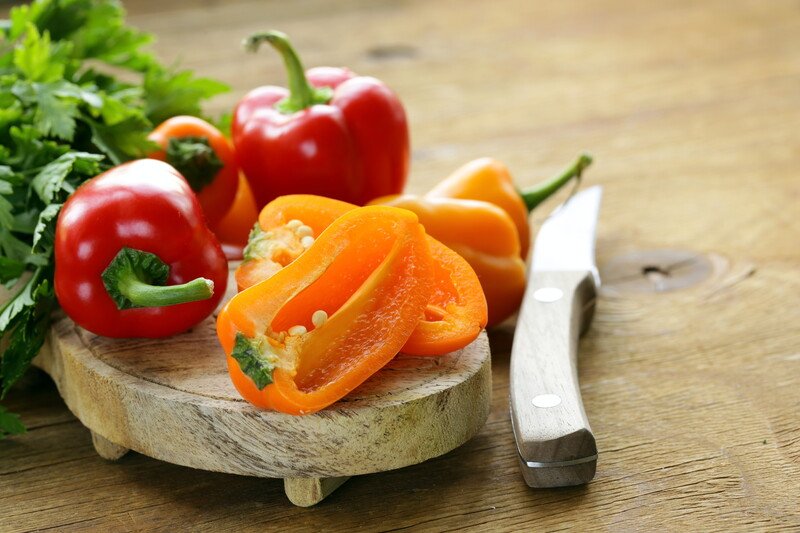
Another vegetable that can add confetti of colors to your soup mixes is bell peppers, so make sure you always have them on hand by dehydrating them. You can even turn it into powder and use it as you would with sweet or mild paprika.
Bell peppers are not just about vitamin C, it also contains vitamin A, E, and K1, as well as folate and potassium.
Broccoli
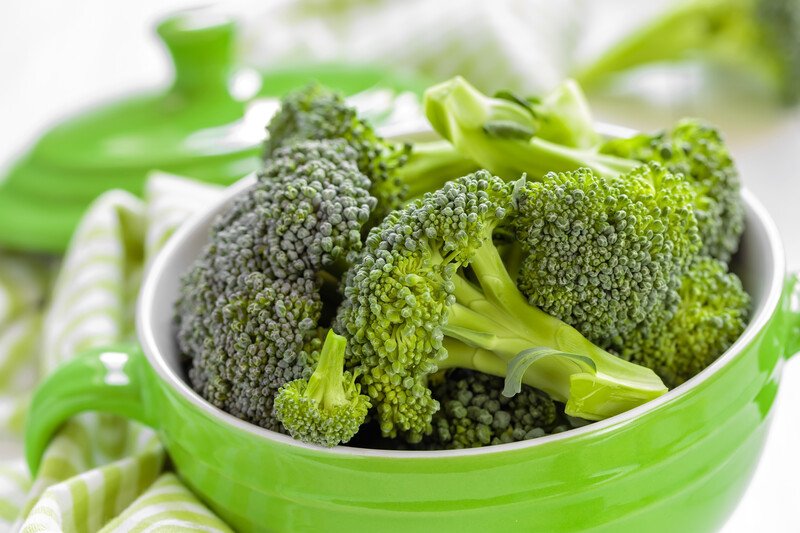
One of hikers’ and campers’ favorites is dehydrated broccoli. And not just because it’s lightweight but because it’s packed with vitamins and minerals. Powdered broccoli is a great addition to your smoothies or soups. You can simply rehydrate them to use in regular cooking.
It’s a good source of fiber, vitamins A and C, calcium, iron, potassium, riboflavin, thiamin, and niacin.
Carrots
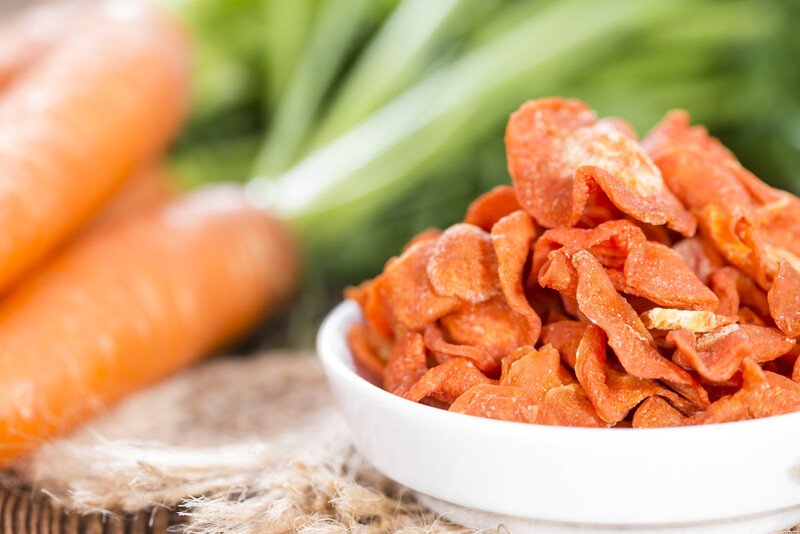
Dehydrated carrots are excellent for making veggie chips and great for soups, stews, or casseroles as well. Grounding it into a powder is also a great idea so that you can easily add them to cakes, bread, pancakes, and smoothies.
Carrots are a great source of important vitamins and minerals including vitamin A, C, and K, potassium, fiber, and calcium.
Cauliflower
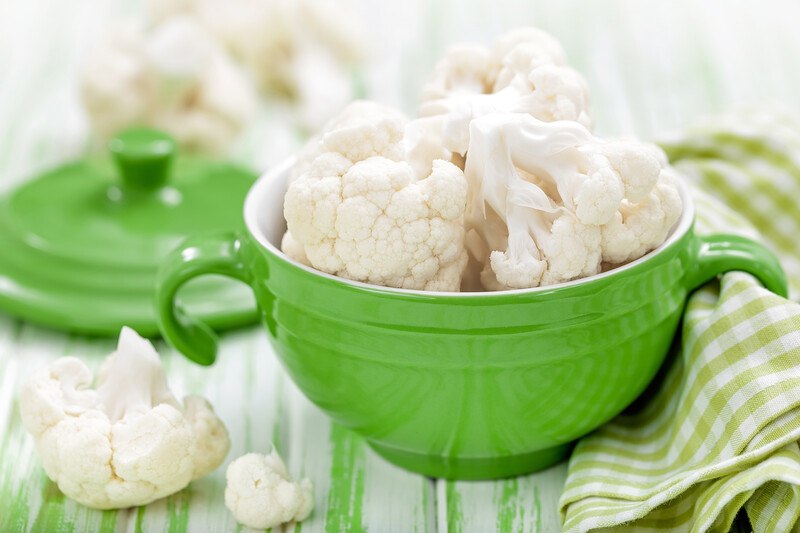
According to CDC, cauliflower is one of the top 25 powerhouse fruits and vegetables. So, let’s not pass on the chance to enjoy this veggie whenever we can. Dehydrated cauliflower will be a great addition to soups but will make for a great vegetable powder as well.
It’s high in fiber, a good source of antioxidants, and also high in choline which is important for the development of the brain.
Celery
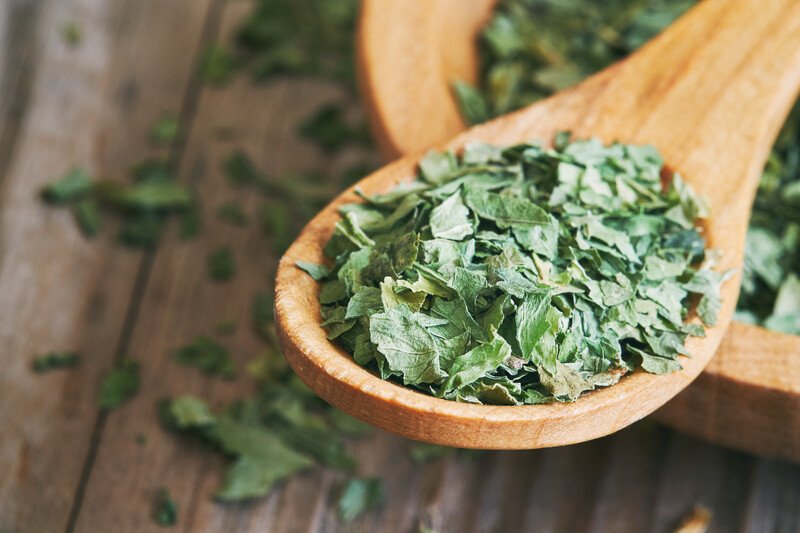
Just like other leafy vegetables, fresh celery doesn’t last that long and would usually wilt even before you can use them. Dehydrating them while you still have them crisp and fresh, would allow you to have celery on stock and ready for soups or what have you.
Celery is high in antioxidants like flavonoids and vitamin C. It also contains a phytochemical known as phthalides that aids in blood flow and reduces blood pressure.
Chili
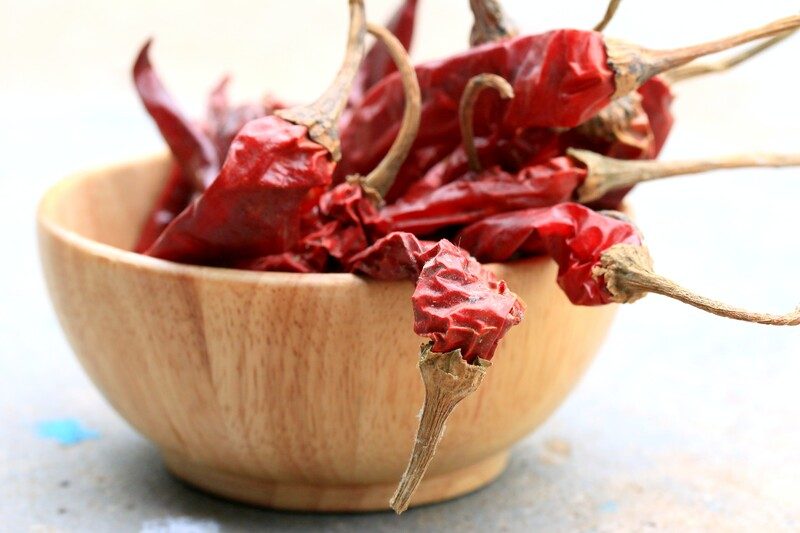
Don’t let your chili go to waste and dehydrate them before they go bad. You can then ground it into powder to make your very own chili powder, or rehydrate them and use per usual when making stews, pasta, soups, and chilis.
Chilis are known to have an abundance of antioxidant plant compounds most notably capsaicin. They are also rich in vitamins A and C, and flavonoids. It also contains a moderate amount of potassium, iron, manganese, and magnesium.
Corn
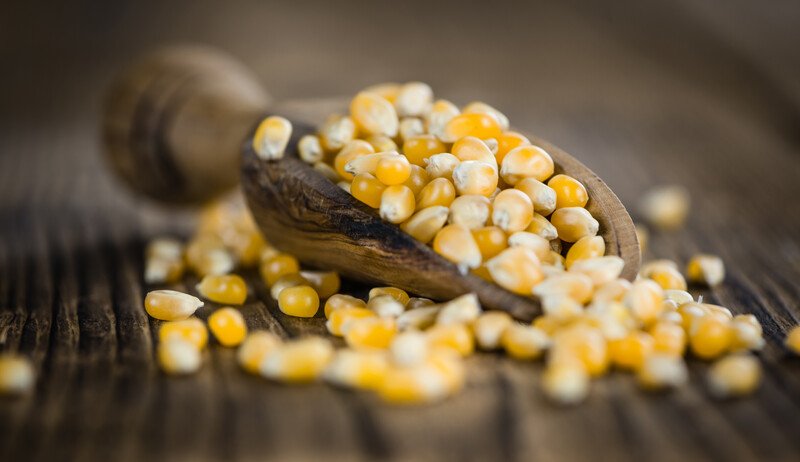
Dehydrated corn is perfect for chilis, stews, or soups in which you can just add them directly since it has liquid that will rehydrate the corn naturally as you cook them. For salads, rice pilaf, or side dishes, rehydrating it first is a must. Either way, it never hurt to have corn readily available when you need them!
Corn is a good source of antioxidants. It’s naturally gluten-free and is also high in fiber. The yellow ones are particularly a good source of carotenoids, lutein, and zeaxanthin.
Green beans
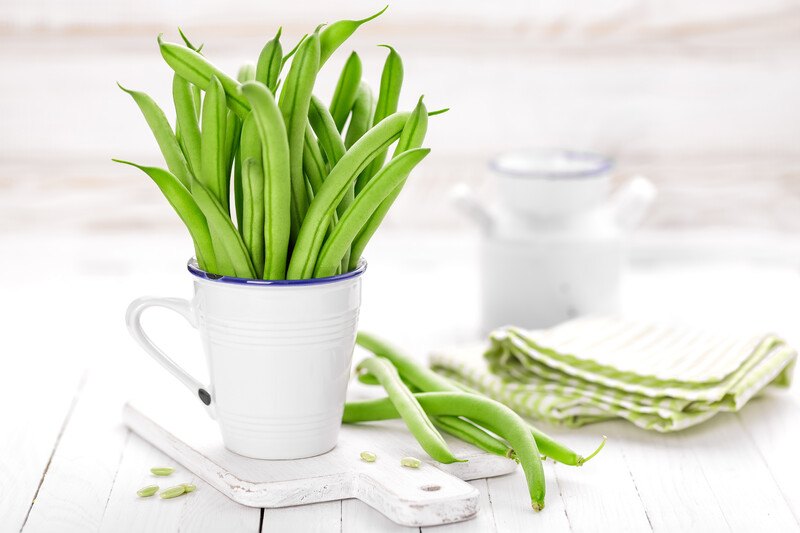
Don’t we just love how green beans can make our life a tad easy by being the trusted side dish that you can hardly mess with? And to make sure you have them whenever, wherever – dehydrate them when you can!
Not only are green beans rich in fiber and vitamins like A, C, and K, it is also a good source of folate, magnesium, potassium, riboflavin, thiamin, and iron.
Kale
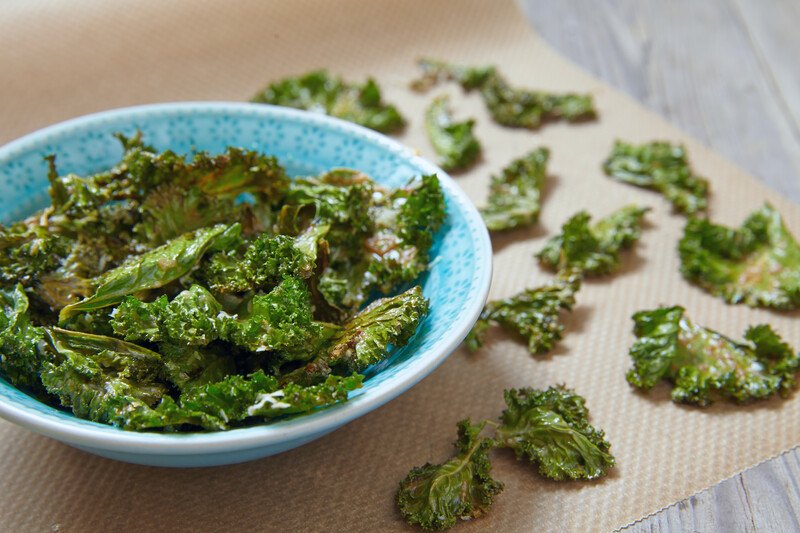
Another leafy vegetable that we love but so do the pests. So, a great way to remedy that is to dehydrate that kale! You can even turn them into powder, make kale chips, or add them to soups, stews, bread, or smoothies.
Kale contains vitamins A and C, folate, alpha-linolenic acid, lutein, and zeaxanthin. It also has minerals like calcium, phosphorus, potassium, and zinc.
Onions
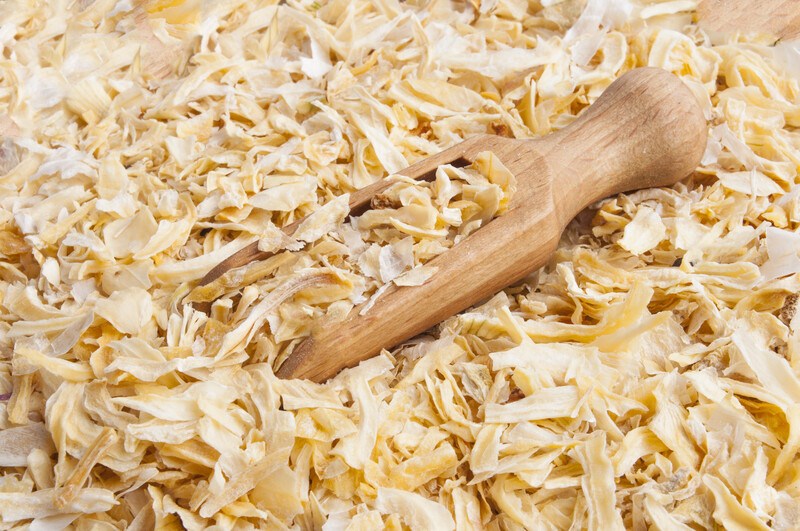
Save time when cooking and have dehydrated onions ready when you need them. Simply rehydrate before using them by soaking them in warm water for about 15 minutes. If you’re making soups or stews where there is plenty of liquid, you can straight up add the dehydrated onion.
Aside from vitamin C, onions are also rich in B vitamins like folate and pyridoxine. It’s also rich in anthocyanins which may protect against heart disease, diabetes, and certain types of cancers.
Peas
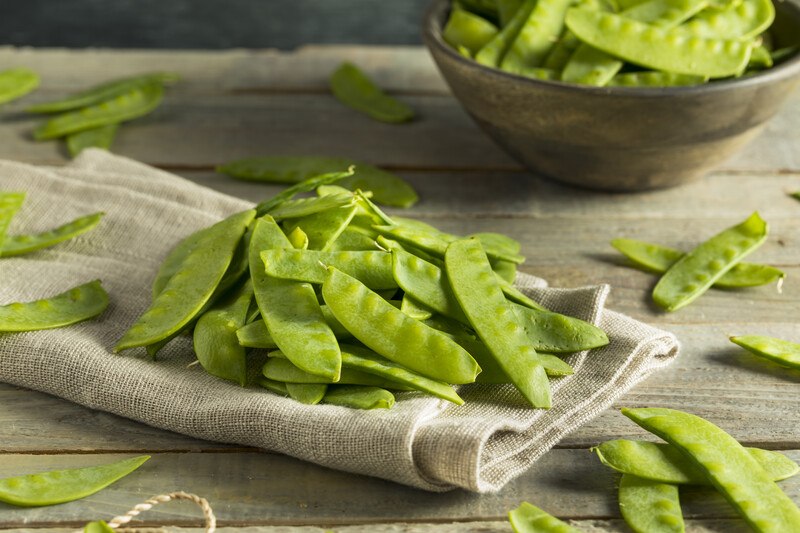
A great and healthy snack alternative that you shouldn’t miss is the dehydrated sugar snap peas. Just give them a quick blanching and then shock them in an ice bath before dehydrating.
Sugar snap peas are full of potassium, and also an excellent source of vitamin K, beta-carotene, vitamins A and C, and fiber.
Potatoes
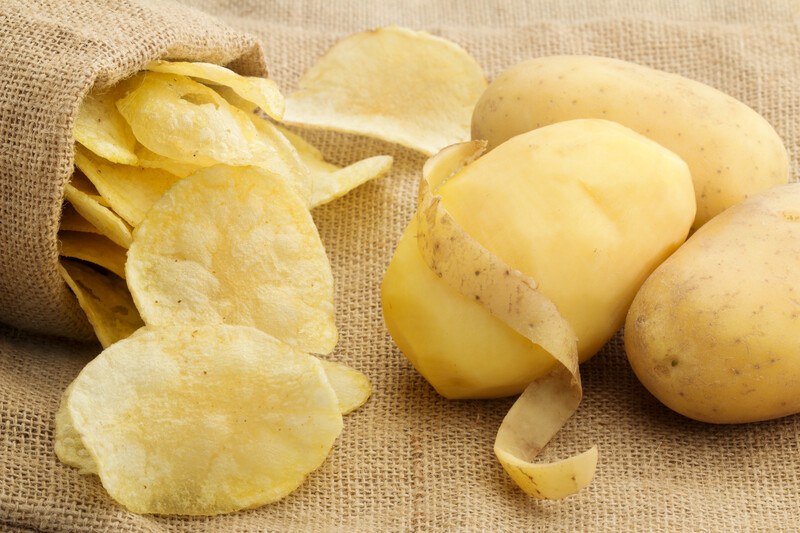
Potatoes are one of those vegetables that you want to make sure you have and are all ready for winter soups. Dehydrating them is one way to ensure that. You can simply rehydrate them for potato salads or hash brown. For soups or stews, you can simply add them as is because the liquid will rehydrate the potatoes naturally. You can also turn them into powder or make delicious potato chips.
Potatoes are carbohydrates rich but low in fat. It’s also rich in iron, and vitamins B1, B3, and B6. Potatoes are also a good source of potassium, phosphorus, and magnesium. It also contains folate, pantothenic acid, riboflavin, and dietary antioxidants.
Pumpkin
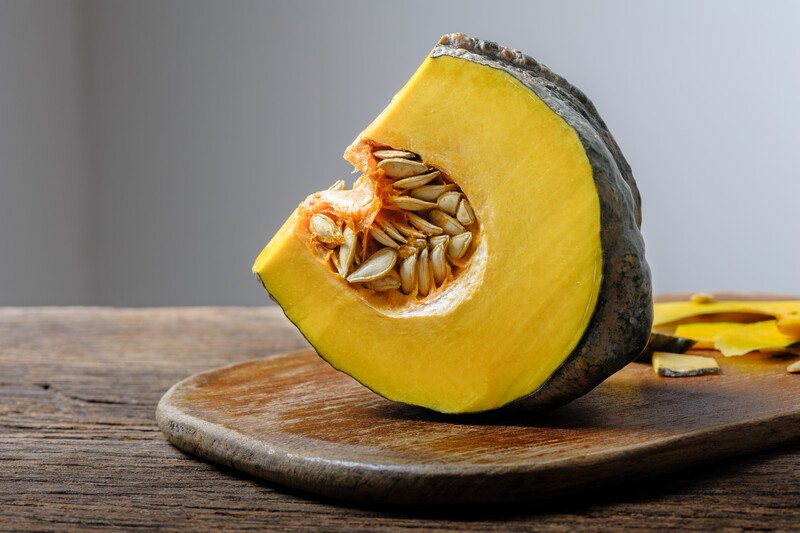
Savory pumpkin chips made from dehydrated pumpkins are also a great snack idea. Dehydrating pumpkin puree into powder on the other hand is a healthier alternative to wheat flour when baking.
Pumpkins are rich in beta-carotene and vitamin A. It also contains fiber, folate, copper, and manganese.
Spinach
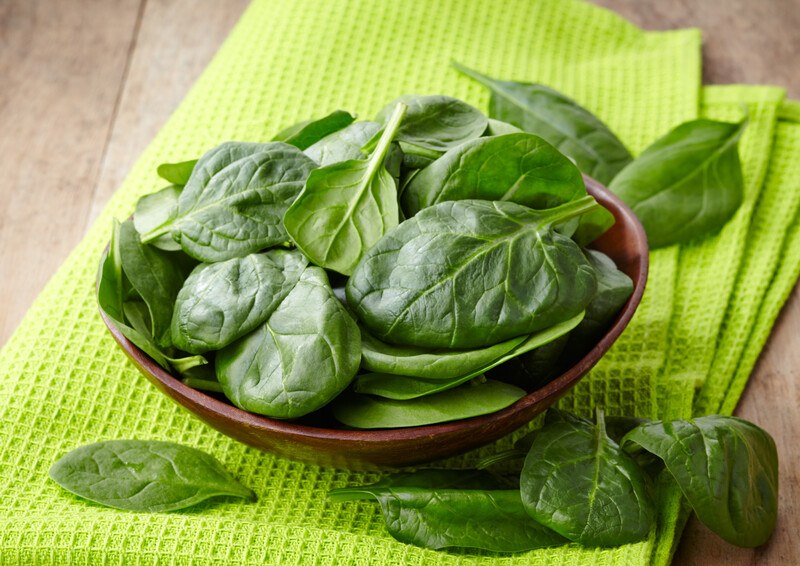
Another leafy vegetable that would benefit from dehydrating is spinach! Like celery, they wilt or goes bad so fast that it would likely render unusable by the time you find the extra time to busy yourself in the kitchen. To avoid that, dehydrate your spinach and have them ready for your smoothies, soups, salads, spreads, sandwiches, or pasta sauces anytime.
Spinach is rich in vitamin K, and a good source of calcium, magnesium, and phosphorus.
Sweet potatoes

While dehydrated sweet potatoes are not as crispy as deep-fried chips they still make for a great snack idea especially when trekking or hiking. It can be easily rehydrated too for regular cooking.
Sweet potatoes are rich in vitamins A, C, D, and B vitamins. It also contains calcium, iron, magnesium, potassium, thiamin, and zinc.
Tomatoes
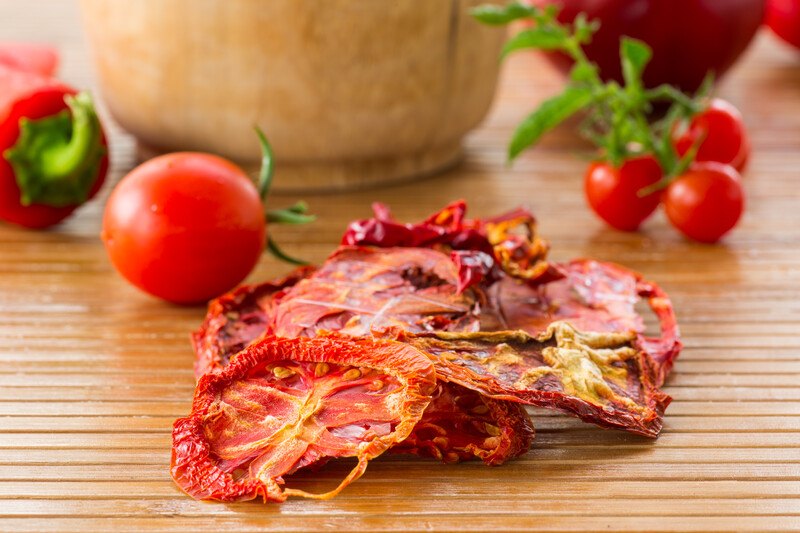
Make sure you don’t run out of tomatoes by dehydrating them and have them ready anytime for soups, stews, dips, sauces, pasta, salads, and even pizzas!
Tomatoes are rich in lycopene, and a good source of vitamin K, niacin, manganese, potassium, copper, and folate.
Zucchini
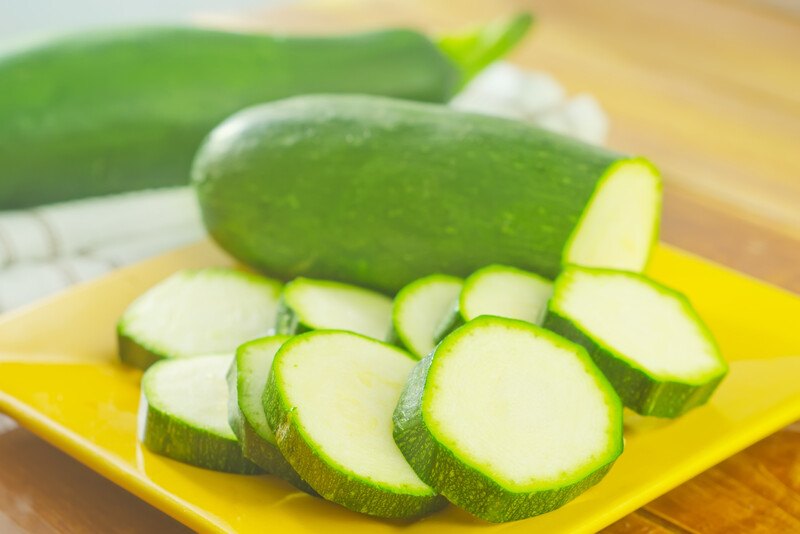
Dried zucchini shreds will come in handy when making bread, muffins, casseroles, and soups. They are one of keto dieters’ favorites because of their low carb content. Dehydrated zucchinis can easily be grounded for use in smoothies or for sprinkling over just anything to achieve that extra veggie boost.
Zucchinis are known for their low calorie but high fiber content. It’s also rich in vitamin B6, lutein, zeaxanthin, and other antioxidants.
Benefits of Dehydrated Foods
Now that you have an idea of what vegetables to dehydrate, it’s time to know a bit more about the benefits of dehydrating food to further convince you why food dehydration is a good idea. See here why it’s really worth your time and effort to start making your own dehydrated vegetable collection.
Make the most of whatever vegetable is in season
Whether you are harvesting veggies from your own little garden or buying them in stores, you can make the most of it by dehydrating them. This allows you to enjoy those veggies all year round. And you’re also bound to save money as well if you buy vegetables that are in season or when you buy them in bulk or on sale.
Low risk of bacteria and contamination
Because dehydrated vegetables do not have the moisture needed for bacteria and fungi to thrive, they last longer. You can confidently enjoy your vegetables without worrying about bacteria or any kind of contamination. It is of course important to make sure that you store them properly in airtight containers in dry, cool, and dark places.
Save preparation time when cooking
Since you already have these dehydrated foods nicely tucked in your pantry cabinets, you can readily access them when needed – either as an ingredient to your dish or as a dish themselves. This will save you time prepping (or even shopping) and allow you to get into the heart of cooking without making too much fuss in the kitchen.
Prepared for any emergency
Whether it’s the kind of emergency where you run late from work or are too busy to allot time for cooking or the real kind of emergency like maybe earthquake, flooding, or whatnot – it’s great to know that you’re well-stocked with nutritious and delicious dehydrated foods. In fact, those with the least moisture content can last for up to 5 years or more.
Help the environment
Saving vegetables and other foods by dehydrating them before they spoil or rot is also a way of helping the environment. Because by doing so, you’re making sure that the impact of growing these vegetables and foods in general, will be all worth it. You can help the environment by making sure that you use them fully and minimize waste as much as possible. Frankly, it’s a win-win thing for us and the environment.
To learn more about dehydrating food plus recipes you can work on, check out this list of dehydrator cookbooks and see if any would interest you.

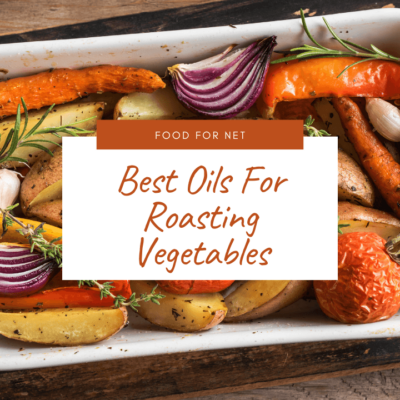





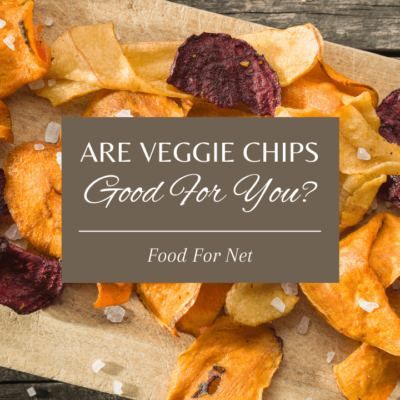

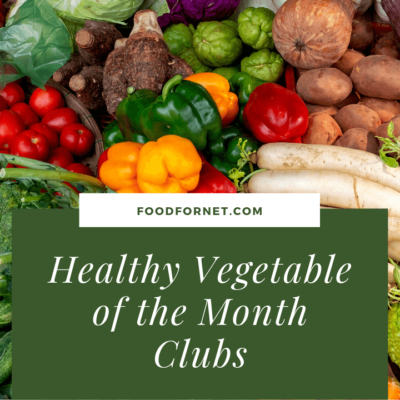
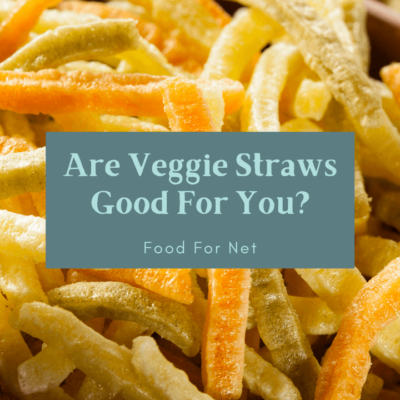
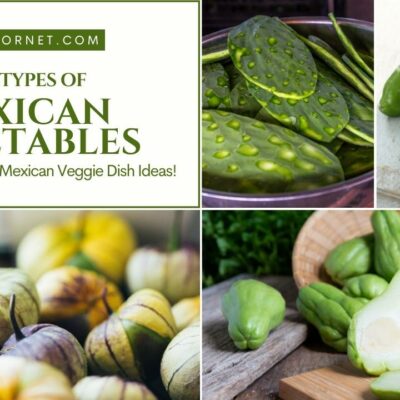




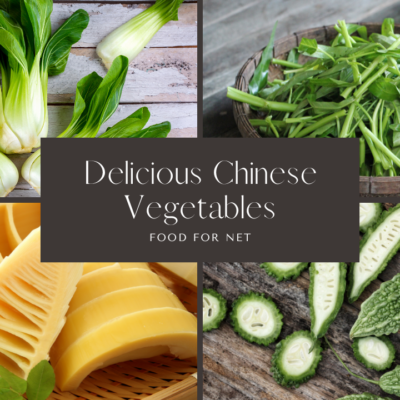
 Top 12 Diaper Subscription Boxes
Top 12 Diaper Subscription Boxes
Thank you!
For the information
I’m going to start to dehydrate again
Sincerely